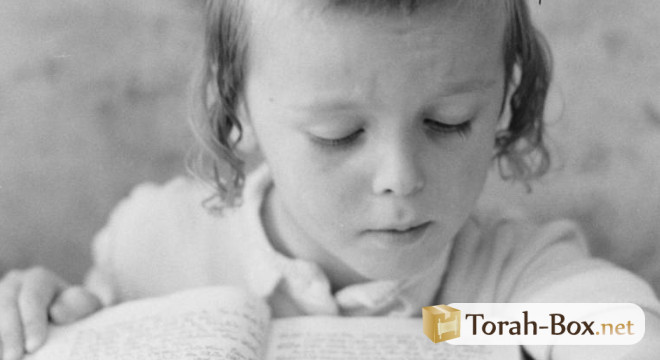
Jewish Thinking
Niels Bohr and the Source of Jewish Intelligence
At the University of Copenhagen, students were asked to measure the height of a building using a barometer (a device that measures atmospheric pressure. Each altitude change alters the pressure and it is thus possible to calculate the height). One of the students suggested attaching a string to the barometer, climb on top of the building and lower the barometer to the ground. The string's length added to the length of the barometer would solve the calculation.
The teacher made the student fail claiming the examination was an exercise in physics and the student's answer was unrelated. The student argued that if the question is determining the height of a building with a barometer, then his answer merited a better grade.
That same week, a guest arrived at the university: Lord Ernest Rutherford, Nobel prize in physics and chemistry. Wind of the argument between the student and his teacher reached Ernest Rutherford. After delving on the question, he answered the answer was correct but that since the student hadn't proved his knowledge of physics, he needed to be tested again.
The student was required to find an answer related to physics within five minutes. After four minutes, the teacher pressured him, warning his time was almost up.
To the guest's surprise, the student answered that he hesitated between several answers and wanted to pick the best. Curious, Professor Rutherford inquired about the student's answers. He answered that it is possible to throw down the barometer and measure the time it took it to land (which relates to the height of the building); it is also possible to take the string from his first answer, tie it around the barometer like a yo-yo and measure the time it takes to come back. Or that it is possible to measure the shadow of the barometer and that of the building at noon and it is also possible to measure the pressure of the air on the ground and on the roof of the building to determine the building's height.
The guest was impressed by the student's intelligence and asked if he was finished exposing all his answers. The student answered negatively: "If you don't limit the answer to pure physics, it is possible to take the barometer, knock on the intendant's door and ask him: Mr. intendant, I have an excellent barometer, if you disclose the height of this building, I will give it to you free of charge".
At this point in the conversation, Professor Ernest Rutherford asked him: "Do you know which answer the teacher expected from you?”
"Of course," answered the student. But I am so fed up with the same packaged answers and repeatedly saying whatever the teachers have taught and want to hear. So, I gave myself permission to play with words and stand my ground. I also wanted to prove that the goal of education is to develop one's intelligence and not to rely on the expected classic answer. Because if we go on like that, it will be impossible to make important breakthroughs. Our study and research will be purely mechanic.
The student in question was Niels Bohr, a Jewish student who became one of the greatest experts in physics of his time, he won a Nobel prize in physics and was one the fathers of quantum mechanics.
Jewish intelligence is a vast subject that draws its source from studying the holy Torah. In addition to the infinite knowledge contained within it, the study of Torah develops intellect via its demand for reasoning. It is essentially defined by great attention to detail to grasp a subject's essence. Torah study is a subject that opposes philosophy, while the latter seeks to annul it, arguing it is no longer relevant.
The goal of Torah study is not to develop the intellect and enhance vivacity of spirit. It is the fruit of reflection and an intense concentration of the mind. It is a process of transmission from generation to generation. When Albert Einstein was asked whether he thought Judaism creates geniuses such as himself, the latter answered negatively. On the other hand, he added that Judaism contributed to much more than that by investing personalities such as Moshe Rabbeinu, the Rambam and all the Torah geniuses.
Torah-Box.net Account
To access the entire Torah-Box.net website, sign up for free in less than a minute.
Weekly Parsha
 Candle Lighting - New York
Candle Lighting - New York
Friday April 25th, 2025 at 19:28 *Shabbat ends at 20:32 *
change my location
* Times given as an indication, check the times of your community











